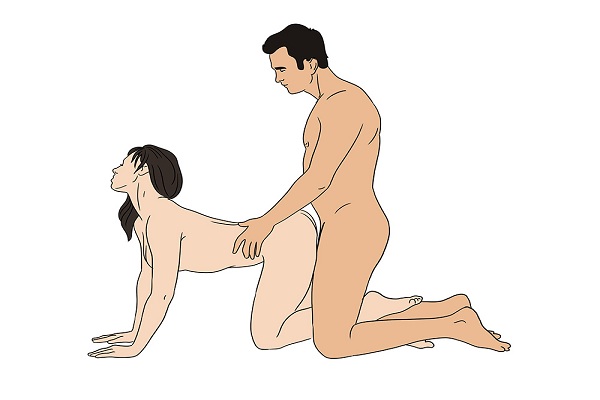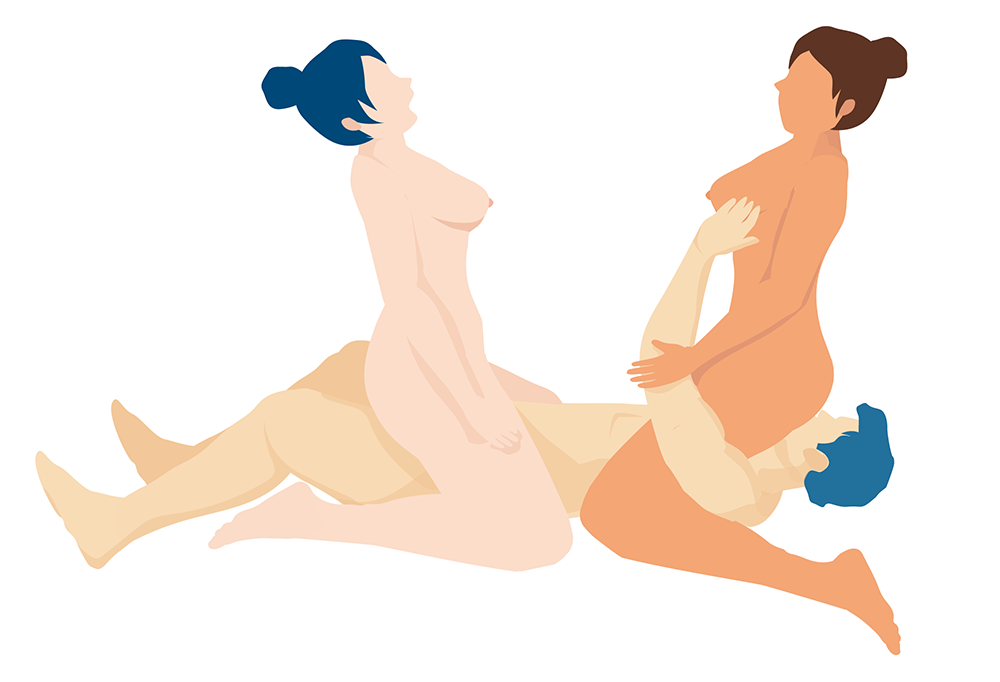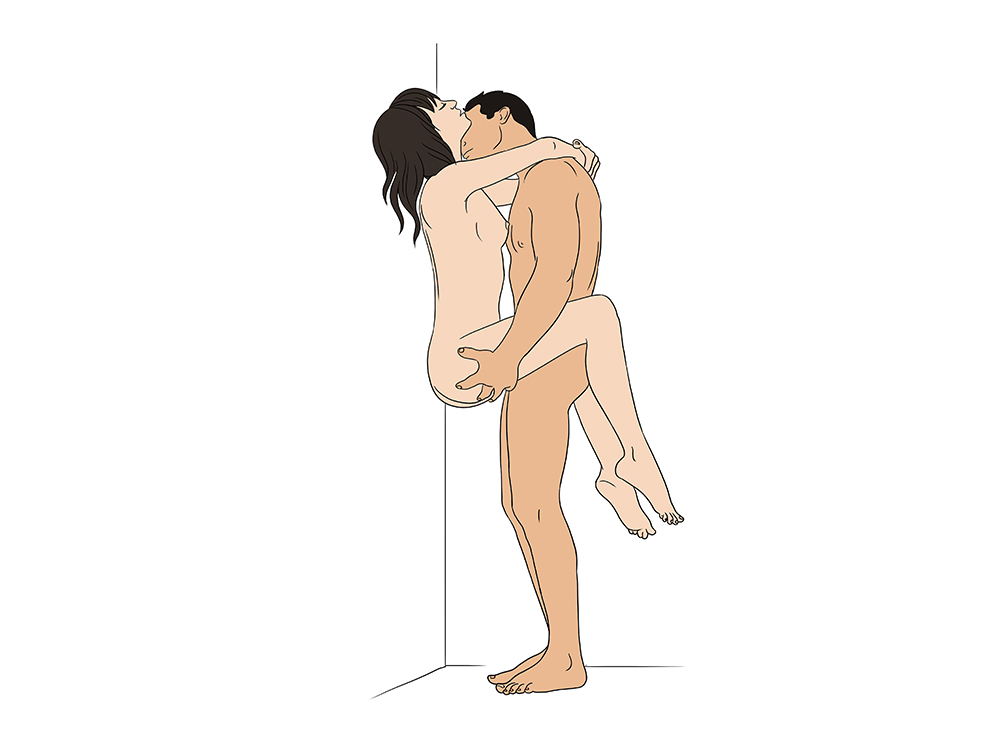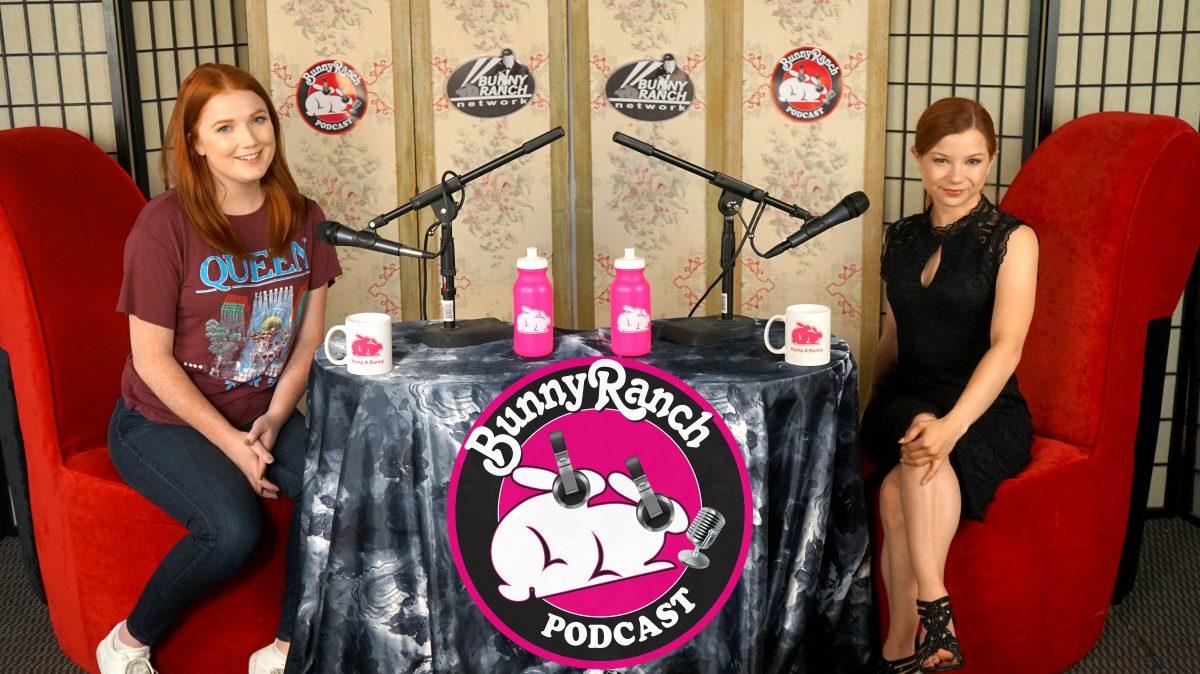Sensory-friendly intimacy isn’t a marketing buzzword—it’s a real accommodation that changes the entire experience of touch, closeness, and arousal for people who are neurodivergent, have trauma history, or are dealing with sensory processing issues.
If you’ve ever tensed up from someone’s breath being too close, pulled away from a surprise hug, or felt trapped by background noise while trying to enjoy a partner’s touch—then you already understand why this matters.
The human nervous system is built to scan for safety. But when your sensory filters are more sensitive—whether because of autism, ADHD, PTSD, chronic illness, or even misophonia—intimacy can stop feeling good and start feeling like survival mode.
What’s meant to soothe can suddenly startle. What’s meant to feel sexy can overload you. And that’s not a personal failure. It’s a mismatch between your body’s needs and the environment you’re in.
Sensory-Friendly Intimacy matters.
A surprising number of men don’t realize that much of their discomfort with intimacy isn’t about the act itself. It’s about the sensory overload that comes with it. Think about how often noise, light, texture, temperature, scent, or even the presence of someone else’s gaze can knock you out of your body and into your head. Sensory-friendly intimacy is about creating experiences that allow someone to stay inside their body—comfortably—long enough to enjoy being touched, held, or seen.
This kind of connection matters most when someone has learned to associate intimacy with pressure. Not just emotional pressure, but actual physical discomfort. If your brain is constantly scanning for potential irritants—scratchy sheets, too much eye contact, inconsistent rhythm, unexpected shifts in tone—it never really gets to relax. And if you’ve learned to pretend to enjoy things you’re not actually enjoying, your body will store that tension. Over time, that erodes trust—not just in your partner, but in your own arousal.
For men who’ve always been expected to push through discomfort or ignore their body’s resistance, the idea that intimacy should feel good from the beginning can come as a revelation. This isn’t about control. It’s about removing enough static from the signal so that the emotional connection can actually register. It means adjusting the environment, the lighting, the pacing, and even the type of touch being offered—not out of performance, but out of attunement.
There’s a tendency to assume that accommodating someone’s sensory preferences means tiptoeing around them. That’s not the point. What matters is creating a situation where overstimulation doesn’t hijack the experience. A simple example: some people can only feel safe when they know exactly what kind of touch is coming and when. So instead of teasing unpredictably, we focus on grounding rhythm. We anchor the nervous system so that it stops bracing and starts receiving.
When I teach sensory-friendly intimacy, I’m not teaching people how to “fix” themselves. I’m helping them learn what their body has been trying to say all along. For some, the revelation comes in the form of a weighted blanket. For others, it’s discovering that their arousal climbs higher when background music is off. Or that they enjoy oral far more when there’s no expectation to reciprocate in the same moment. These are not quirks. They are signals of trust finally landing.
There is a deep and quiet confidence that comes from having your preferences honored without shame. When someone realizes they don’t have to earn comfort—that comfort is the baseline—that’s when intimacy shifts from performance to presence. Many of the men I’ve worked with in intimacy education have spent decades believing their body’s preferences were weird, broken, or unmasculine. Letting go of that belief opens up not just better sex, but better sleep, better relationships, and an entirely different relationship to desire itself.
Sensory-friendly intimacy isn’t a niche accommodation. It’s a return to something primal that most people were never given permission to ask for. And the moment that permission is granted—when it’s not transactional, not conditional, not goal-oriented—something unlocks. The senses matter more than you think.































